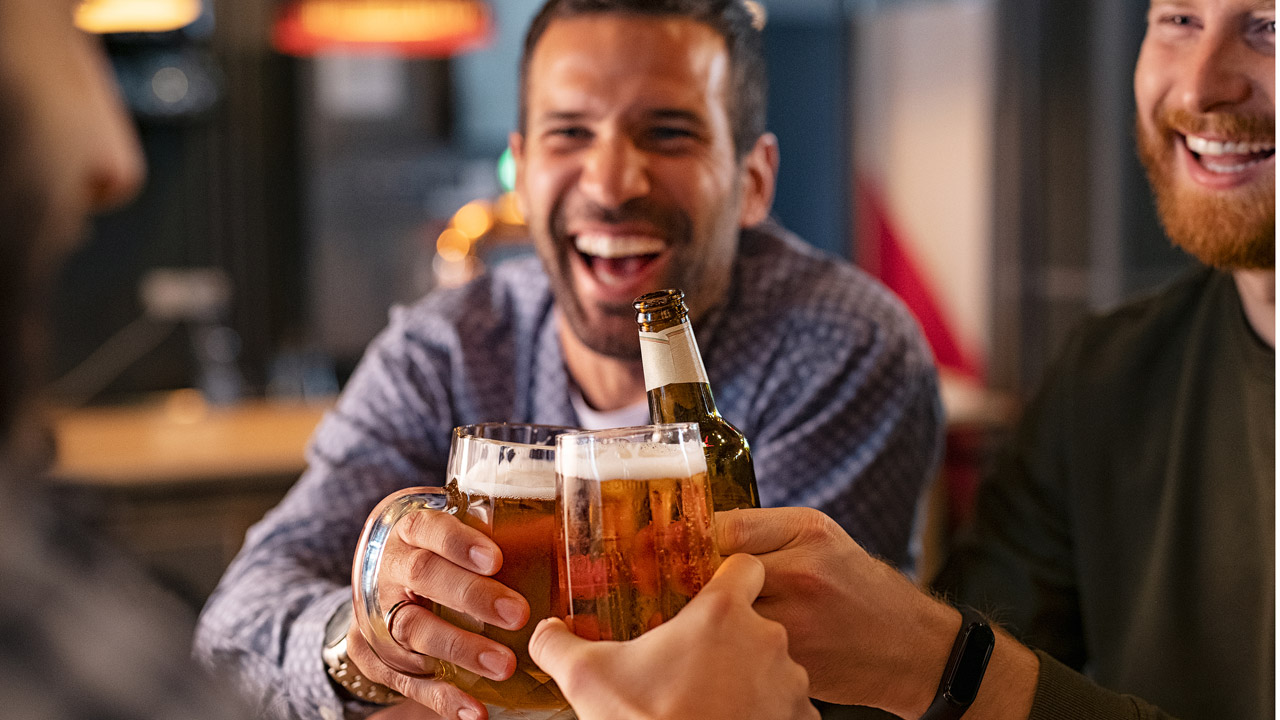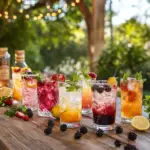The history of beer and brewing in Texas dates back to the mid-19th century. Due to the wave of Polish and German immigrants who settled in the region, it was possible to see the birth of an industry that is deeply rooted in Texan culture and is still very much alive today. Today’s breweries retain some traditional methods but with state-of-the-art technology. Ultimately, the result is a wonderful Texas beer with a wide range of flavors and textures. Millions of enthusiasts have at their fingertips quality beer that can be enjoyed in the hot summers and mild winters.
The beer culture in Texas has continued to grow. In addition to the big, nationally recognized brands, there are smaller breweries that strive to provide an exquisite product. Texas beer is more than just a beverage, it’s a staple of festivals, family gatherings, and sporting events. It is a staple of the Texan lifestyle that celebrates an incredible heritage.
The 4 Elements that Help Define the Texas Beer Culture
Texans know how important brewing history is and celebrate it on every occasion. This serves as a show of pride and passion for what is locally made. As residents are clear lovers of their products, it is worth highlighting the four fundamental elements that give a clear idea of the culture surrounding Texas beers.
Microbreweries and Craft Breweries
While big brands are recognized and awarded nationally, there has been a significant boom in microbreweries and craft breweries in recent decades, offering a wide range of unique styles and flavors that captivate the discerning palates of Texans. Cities like Austin, Houston, Dallas, and San Antonio are prime examples of this fascinating scene.
Beer Festivals
Texas is also known for its social events and beer festivals throughout the year. One of the most important is the Texas Craft Brewers Festival in Austin, which brings together hundreds of fans and enthusiasts of Texas beers seeking to experience new flavors and meet brewmasters.
Innovation and Creativity
A standout feature of Texans is their creativity. This is why it is not unusual to find local ingredients added to Texas beers. Jalapeño, citrus fruits, and even agave are examples of flavors you might find in the region’s breweries.
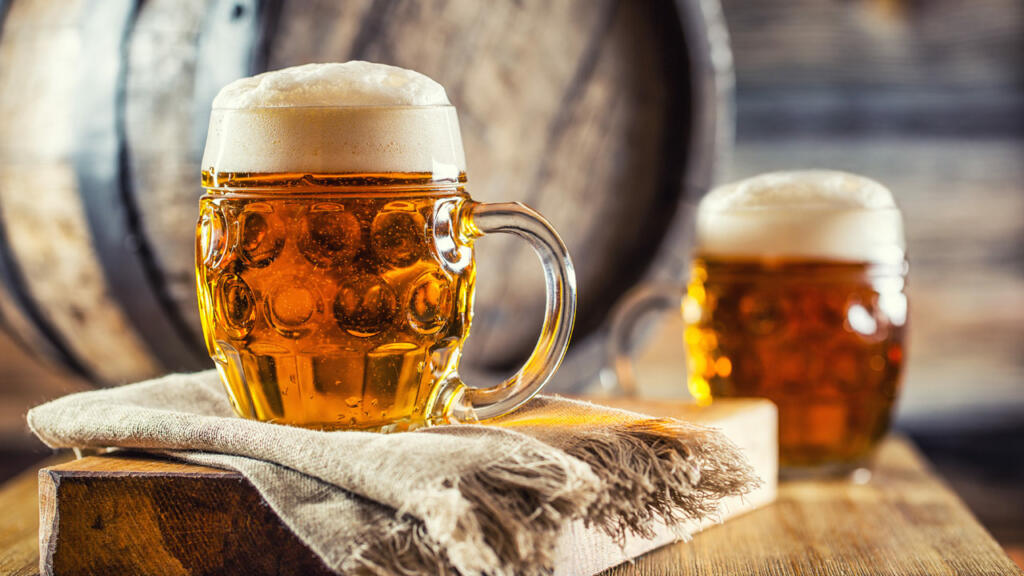
A United and Collaborative Community
The local brewing community is known for being collaborative. Local breweries, even the larger ones, often work together on projects, events, and celebrations. This reinforces the collaborative and community culture of Texans, supporting this vital aspect of this idiosyncrasy.
Economic Impact of Beer Culture
As a fundamental part of the culture, Texas beers are not only central to organizing events and celebrations but also the main reason why the community comes together. The sense of mutual support is the soul of the camaraderie felt throughout this region. In the end, Texas beers are the perfect blend of traditional values and modern innovations, offering a variety of tastes and flavors.
Some of the Most Popular Texas Beers in the Scene
Texas Beer Shiner Bock
The oldest independent brewery in Texas, Spoetzl Brewery, founded in 1909 in Shiner, Texas, is the creator of one of the most popular beers among Texans. Since its launch in 1913, this Texas beer has remained an icon of the state. It is characterized by its amber color, smooth, slightly sweet taste, and clean, refreshing, and mildly bitter finish that balances the initial sweetness.
Lone Star Beer
You may have seen it in movies, series, and on social media because it maintains its reputation as “the national beer of Texas.” This Texas beer is characterized by being light, refreshing, and smooth, with a touch of corn and bitter notes at the end. Its smooth texture makes it ideal for pairing with hot days.
Saint Arnold Fancy Lawnmower
Saint Arnold Brewing Company in Houston, the oldest craft brewery in the state, was founded in 1994 and has earned an excellent reputation for the quality and innovation of its products. This beer is clear and fresh, with light malt and fruity notes reminiscent of green apples. It is delightful on the palate due to its smoothness and effervescence.
Deep Ellum Dallas Blonde
Deep Ellum Brewing Company stands out for offering bold and innovative products. For those looking to experiment with flavors and textures, this beer is an excellent choice from the first sip. The Dallas Blonde is a light, fresh, and delicious American Blonde Ale. Its flavors have citrus touches, but they are subtly bitter.
512 IPA
Created by 512 Brewing Company, this Indian Pale Ale has a characteristic hoppy flavor with citrus and tropical notes. These notes are well-balanced with a slight malt flavor at the end. Unlike the previously mentioned beers, its texture is medium-bodied, providing a more robust mouthfeel.
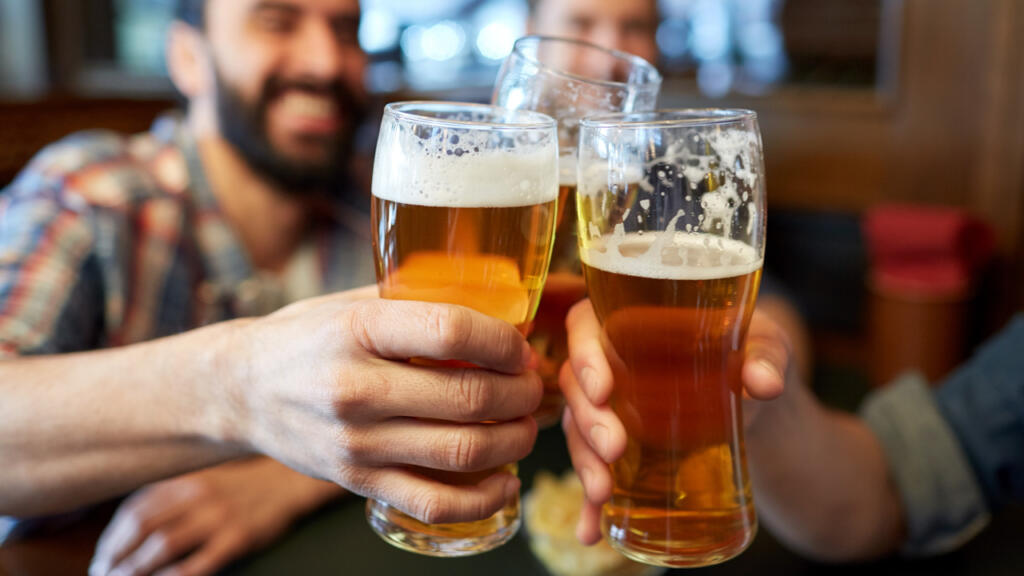
Real Ale Firemans #4
The story behind this brewery is incredible: it started operations in an antique shop basement in 1996 and later became one of the most respected breweries in Texas, maintaining its commitment to providing high-quality products. Real Ale Firemans #4 is a Blonde Ale with a light and refreshing profile, making it a favorite among locals. It has sweet malt notes and a touch of honey, as well as freshly baked bread aromas. It is light and easy to drink due to its moderate carbonation.
Austin Eastciders Original
While not a Texas beer, it is an alternative that also stands out among the main beer brands in the region. This beverage is made to revive the consumption of American hard cider. Initially, its production involved mixing Texan and European apples, with an artisanal process that continues today.
Some Tips to Enjoy the Best Texas Beers Responsibly
Enjoying the best Texas beers, whether among friends, family, at community events, or in a bar, requires moderation, responsibility, and a desire to experience new flavors and textures. To maximize your experience, consider the following recommendations:
-Visit Local Breweries: For those looking to fully experience Texas, an important step is visiting local breweries, which preserve artisanal brewing methods and offer cozy environments with friendly people who passionately explain the brewing process.
–Pay Attention to Beer Sales Hours: When can you buy beer in Texas on Sunday? Previously, blue laws prohibited it, but after the 2021 law relaxations, Texas beer sales are allowed from 10 a.m. Remember to also check what time they stop selling beer in Texas, as stores stop selling beer at midnight. On Saturdays, sales extend until 1 a.m. on Sundays, but Sundays have the most restrictions, with sales starting at 10 a.m. and ending at midnight.
– On the other hand, regarding what time can you buy beer in Texas, it all depends on whether you buy at a liquor store or if you decide to enjoy a Texas beer at a restaurant or bar. The hours will depend on each establishment, but familiarizing yourself with them will help you enjoy a good pint even more.
-Pair Regional Food with the Best Texas Beers: The region’s beer pairs well with any dish you want to enjoy. A cold Lone Star pairs excellently with tacos or try a 512 IPA with a lovely Sunday barbecue.
-Don’t be afraid to experiment! Innovation in Texas is evident in its beers, and you shouldn’t miss the chance to try the variety that both national and craft brands offer. Unique flavors like Firemans #4 with sweet malt notes, refreshing Lone Star, or even Austin Eastciders Original cider are incredible options to discover new preferences.
FAQ: Texas Beer Culture and Regulations
What is the history of beer brewing in Texas?
The history of beer brewing in Texas dates back to the mid-19th century with the arrival of Polish and German immigrants. They established a brewing industry deeply rooted in Texan culture, which remains vibrant today. Modern breweries combine traditional methods with advanced technologies, resulting in high-quality beers with a wide range of flavors and textures.
What are the key elements of Texas beer culture?
Microbreweries and Craft Breweries: Texas has seen a significant rise in microbreweries and craft breweries offering unique styles and flavors.
Beer Festivals: Events like the Texas Craft Brewers Festival in Austin highlight the state’s dynamic beer scene.
Innovation and Creativity: Texans incorporate local ingredients such as jalapeños, citrus fruits, and agave into their beers.
Community Collaboration: The local brewing community is known for its collaborative efforts in projects and events.
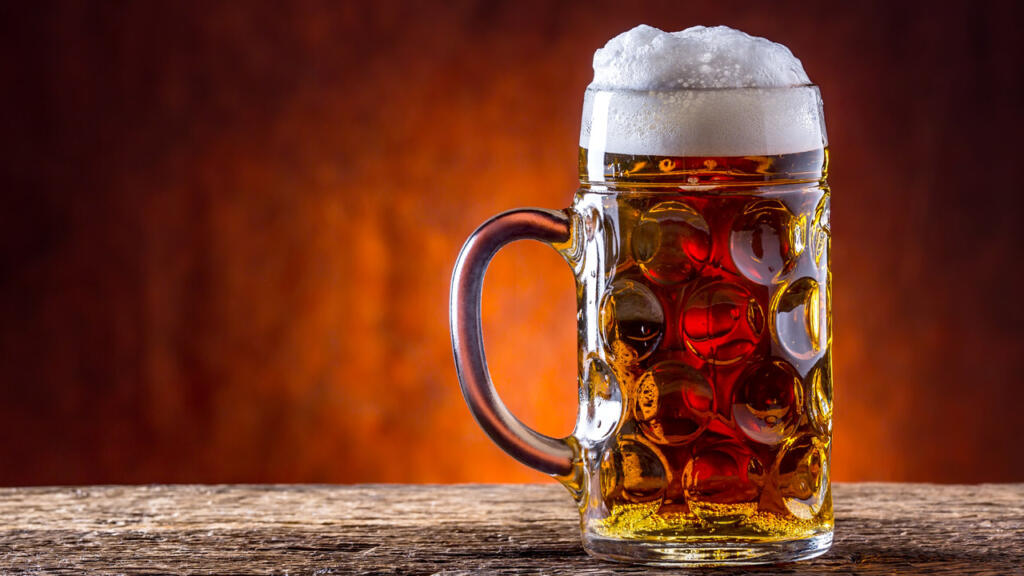
What are some of the most popular Texas beers?
Shiner Bock: An amber-colored beer from Spoetzl Brewery, known for its smooth, slightly sweet taste.
Lone Star Beer: A light, refreshing beer with a reputation as “the national beer of Texas.”
Saint Arnold Fancy Lawnmower: A clear, fresh beer with light malt and fruity notes from Saint Arnold Brewing Company.
Deep Ellum Dallas Blonde: A light American Blonde Ale with citrus touches from Deep Ellum Brewing Company.
512 IPA: An Indian Pale Ale with hoppy, citrus, and tropical notes from 512 Brewing Company.
Real Ale Firemans #4: A Blonde Ale with sweet malt and honey notes from Real Ale Brewing Company.
Austin Eastciders Original: A hard cider made from a mix of Texan and European apples.
How can I enjoy Texas beers responsibly?
Visit Local Breweries: Experience Texan brewing firsthand by visiting local breweries.
Check Sales Hours: Familiarize yourself with Texas beer sales hours to avoid inconvenience.
Pair with Regional Food: Enjoy Texas beers with local dishes like tacos and barbecue.
Experiment with Flavors: Try different beers and ciders to discover new preferences.
What time do they stop selling beer in Texas?
In Texas, beer sales at stores stop at midnight from Monday to Friday. On Saturdays, sales extend until 1 a.m. On Sundays, sales stop at midnight.
What time can I buy beer in Texas?
Beer can be purchased at stores starting at 7 a.m. from Monday to Saturday. On Sundays, sales begin at 10 a.m. due to the relaxed blue laws.
When can you buy beer in Texas on Sunday?
On Sundays, beer sales at stores start at 10 a.m. and continue until midnight.
Are there any restrictions on where I can buy beer in Texas?
Yes, beer can be purchased from grocery stores, convenience stores, and liquor stores. However, liquor stores are closed on Sundays, Thanksgiving Day, Christmas Day, and New Year’s Day.
Can I buy beer at a bar or restaurant at any time?
Bars and restaurants in Texas can serve beer from 7 a.m. to 2 a.m. from Monday to Saturday. On Sundays, they can serve from 10 a.m. to 2 a.m., but alcohol can only be served with food between 10 a.m. and noon.
Are there any age restrictions for buying beer in Texas?
Yes, you must be at least 21 years old to purchase and consume beer in Texas.
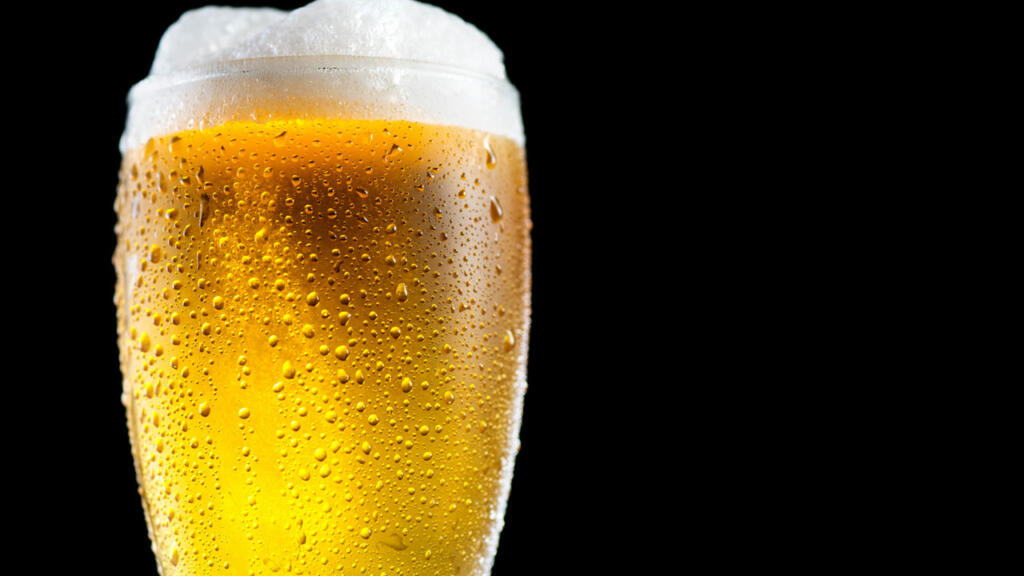
What are the penalties for underage drinking in Texas?
Penalties for underage drinking in Texas can include fines, community service, mandatory alcohol education classes, and the suspension of the minor’s driver’s license.
Can I take beer from a bar or restaurant to-go?
Texas law allows bars and restaurants to sell beer to-go, but the beer must be in a sealed container and cannot be consumed on the premises.
Are there any famous beer festivals in Texas?
Yes, Texas hosts several famous beer festivals, including the Texas Craft Brewers Festival in Austin, the Houston Beer Festival, and the North Texas Beer and Wine Festival.
How do local ingredients influence Texas beer flavors?
Texan brewers often incorporate local ingredients such as jalapeños, citrus fruits, honey, and agave to create unique and innovative flavors that reflect the region’s culinary traditions and agricultural products.
How has the craft beer scene in Texas evolved over the years?
The craft beer scene in Texas has grown significantly over the past few decades, with a substantial increase in the number of microbreweries and craft breweries offering diverse and unique beer styles. This growth has been driven by innovation, community support, and a strong local beer culture.
How can I find local breweries to visit in Texas?
You can find local breweries by searching online, using beer-focused apps, or asking for recommendations from locals and beer enthusiasts. Many breweries offer tours and tastings, providing a great way to explore Texas beer culture.

